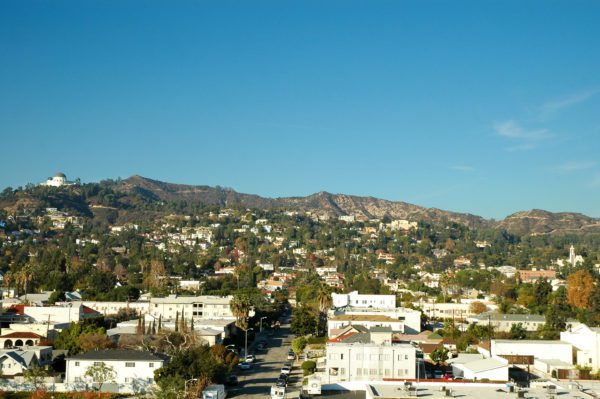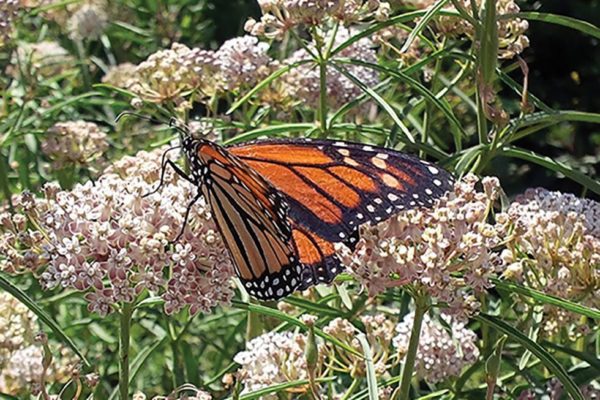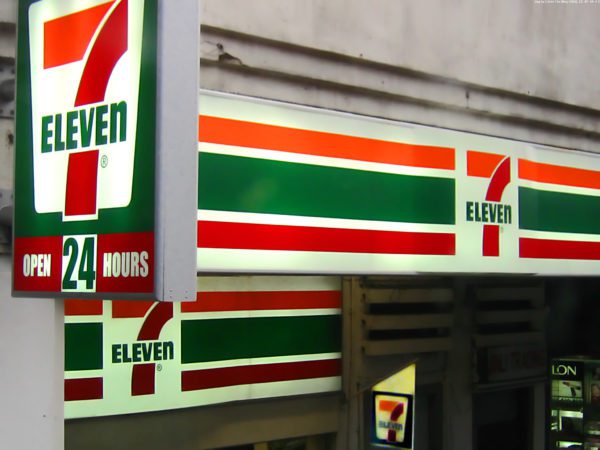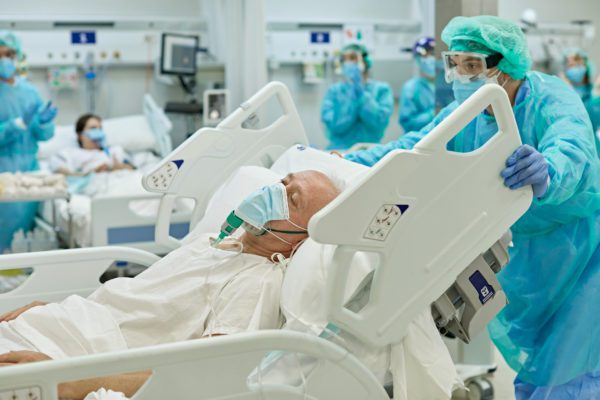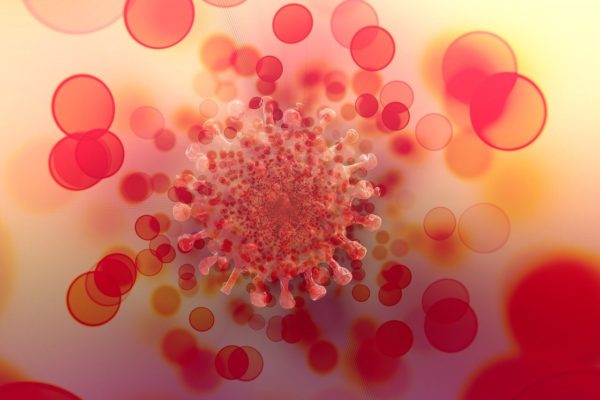Despite the limited supply of monkeypox vaccine, Los Angeles County announced Friday it is offering shots on a walk-up basis to eligible residents at its vaccination sites, but only while supplies last at each location.
People who walk into a vaccination site will have to attest to their eligibility to receive a monkeypox inoculation, and the shot will only be provided if the vaccination location has doses available.
Those who want to ensure they receive the vaccine should book appointments online at myturn.ca.gov.
A listing of Los Angeles County vaccination sites offering walk-up shots is available online at http://www.ph.lacounty.gov/media/Monkeypox/docs/POD_WalkUpSchedule.pdf?utm_content=&utm_medium=email&utm_name=&utm_source=govdelivery&utm_term=
The vaccine is available for gay or bisexual men and transgender people who have had multiple or anonymous sex partners in the last 14 days or who had skin-to-skin or intimate contact with people at large venues or events in the past two weeks.
Shots are also offered to people of any gender or sexual orientation who engaged in commercial and/or transactional sex in the past 14 days.
Also eligible are people confirmed by the Department of Public Health to have had high- or immediate-risk contact with a known monkeypox patient, and to people who attended an event or visited a venue where there was a high risk of exposure to a confirmed case.
Shots are also available for gay and bisexual men and transgender people with a diagnosis of rectal gonorrhea or early syphilis within the past year. Also eligible are gay or bisexual men or transgender people who are on HIV pre-exposure prophylaxix, or PrEP, or who attended or worked at a commercial sex venue or other venue where they had anonymous sex or sex with multiple partners — such as at a sauna, bathhouse or sex club — in the past 21 days.
Department of Public Health Chief Medical Officer Dr. Rita Singhal told reporters in an online briefing Thursday that the pace of new monkeypox infections has begun to slow. She said the County had been seeing a doubling of overall cases every nine days, but that pace has slowed, with the doubling rate now closer to 16 days.
As of Thursday, there were a total of 1,349 confirmed or suspected cases of monkeypox in the County, including cases in Pasadena and Long Beach, which both have their own health departments separate from the County. That number was up roughly 30% from a week ago.
“This may be an early indication that transmission is beginning to slow,” Singhal said, noting that “similar trends” are being seen in other countries affected by the global outbreak.
Doses of the monkeypox vaccine still remain in limited supply, both locally and nationally, but Singhal said the County is in line to receive more doses soon.
She said the County has been notified that it will be receiving enough vaccine for 120,000 doses in the latest allotment from the federal government. LA County just received roughly one-third of that allotment, or 8,260 vials, enough for 41,300 doses, she said.
Additional doses will be sent when 85% of the doses are administered.
She said the full allotment will allow the county to fully vaccinate roughly 100,000 residents with both required doses. But that only represents a little more than half of the roughly 180,000 residents deemed to be at high risk for monkeypox infection.
Monkeypox is generally spread through intimate skin-to-skin contact, resulting from infectious rashes and scabs, though respiratory secretions and bodily fluids exchanged during extended physical episodes, such as sexual intercourse, can also lead to transmission, according to the U.S. Centers for Disease Control. It can also be transmitted through the sharing of items such as bedding and towels.
Symptoms include fresh pimples, blisters, rashes, fever and fatigue. There is no specific treatment. People who have been infected with smallpox, or have been vaccinated for it, may have immunity to monkeypox.
According to health officials, the vaccine can prevent infection if given before or shortly after exposure to the virus.
More information is available online at ph.lacounty.gov/monkeypox.



